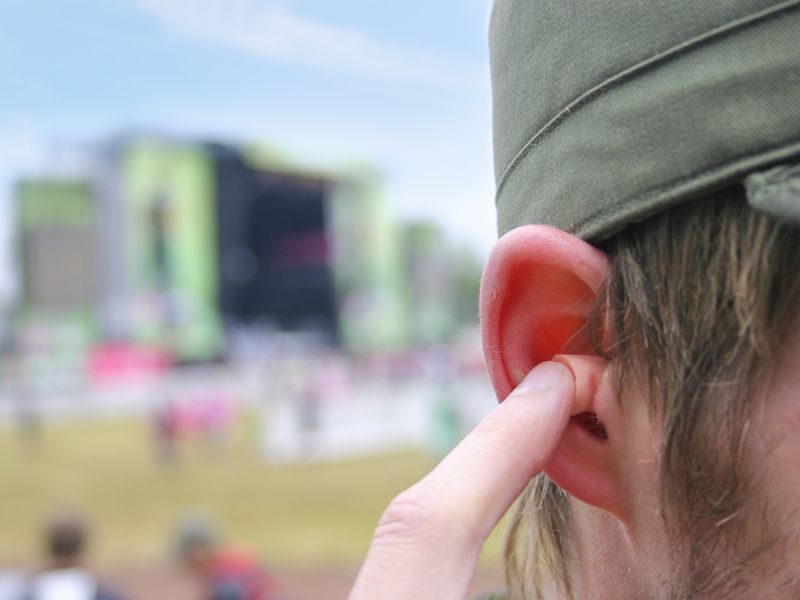
Earplugs can be beneficial if you’re subjected to loud sounds, like, something as simple as a spouse who is snoring, or a lawnmower in your yard, or going to a concert at an arena. Turning down the sound level is the way earplugs can help in the first two circumstances. They help save your sanity and possibly even your relationships, in the last situation, by allowing you to get a good night’s sleep. But is your hearing being harmed by these protectors?
What’s The Purpose of Using Earplugs?
It’s a fairly simple argument for wearing earplugs: When used properly, earplugs can help protect your hearing by reducing your exposure to excessive sound levels. Perhaps you’ve noticed that your hearing sounds different after you leave a loud venue, say, a football game with a loud crowd, and you might also experience symptoms of tinnitus. Those little hairs are bent by this sort of noise exposure and that’s why this occurs. It usually vanishes within a couple of days, because the hair cells have recovered.
But in many situations, there is a relentless assault on those little hairs, particularly if you work in a high volume profession like construction or in an airport. In this instance, those hairs cannot get better, they are permanently damaged. Inside each cochlea, you have about 16,000 of these little hair cells, but up to 50% of them can be ruined or at least injured before you would notice the different in a hearing test.
Is it Possible That Your Ears May be Damaged by Earplugs?
With all that, you’d think that wearing earplugs would be an obvious choice when it comes to protecting your hearing. But primarily if you’re in situations where you’re exposed to loud noises every day (like on the job or when your spouse snores as previously stated), headphones that limit, but don’t entirely cancel, sound or over the head earmuffs are a much smarter idea. Earplugs are better applicable to one-off situations like a concert or sporting event than for day to day use.
Why? The first problem is, earwax. In order to protect themselves, your ears make earwax, and if using earplugs is something you do all of the time, more earwax will be produced, and the earplugs will push it in further. This can cause troubles such as impacted earwax, which can cause tinnitus and other hearing concerns.
Ear infections can be another concern for people who use earplugs. If you continuously use the same pair, and you fail to clean them from use to use, they can become breeding grounds for bacteria. Ear infections are, at a minimum, a painful annoyance. But at the worst-case-scenario end of the spectrum, they can also result in hearing loss if neglected.
How Can You Safely Use Earplugs?
Whether it’s a restful night sleep or protecting your ears, there’s still a strong positive to wearing earplugs. Using them in the right way and using the right kind is the secret to success. Foam earplugs are the least expensive, which is helpful because you really should not use them more than once, the cushy, porous material is a germ’s haven. Wax or silicone earplugs are reusable, but you have to keep them sanitized, wash them with warm water and mild soap to wash them, and don’t put them back in your ears until they’re totally dry. It’s also a good plan to keep earplugs in a well ventilated container to discourage moisture, or worse, mold or bacteria, from building up.
You may want to talk to us concerning custom fit earplugs if you need or want them on a regular basis. They are comfortable since they’re made from molds of your ears and they are reusable. Again though, to prevent any potential hearing problems, it’s essential to practice smart earplug hygiene!
